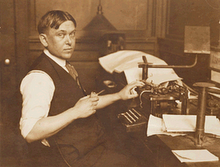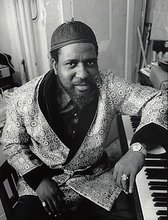Friday, December 30, 2005
Dictators defend freedom
The following excerpt is taken from a review of the book Hitler's Prisons:
The similarity of Bush administration policies to "those of abusive regimes that we have historically condemned" is brought home to us by historian Nikolaus Wachsmann’s Hitler’s Prisons (Yale University Press 2004).
Wachsmann’s book is a detailed history of the conflict and cooperation between the traditional legal/judicial/prison system on the one hand and the police/SS/concentration camp system on the other. He does not mention George Bush or Bush’s "war on terror." However, the similarities leap off the pages.
Just as 9/11 was a crystallizing event for Bush’s seizure of executive power to suspend civil liberties, detain people indefinitely without evidence, and spy on American citizens without warrants, the Reichstag fire of 27 February 1933 was followed the next morning by Hitler’s Decree for the Protection of People and State. This decree became the constitutional charter of the Third Reich. It "suspended guarantees of personal liberty and served as the basis for the police arrest and incarceration of political opponents without trial."
In a frightening parallel to our own situation, Wachsmann writes: "Various police activities during the ‘seizure of power’ clearly damaged legal authority. Indefinite detention without due judicial process was incompatible with the rule of law. But, on the whole, there were no loud complaints or protests from legal officials." I read this passage the same day I heard on National Public Radio University of Chicago law professor Eric Posner defend President Bush’s use of extra-legal, extra-Constitutional authority to protect the people and state from terrorists.
The precedent for Alberto Gonzales’ declaration that Bush is the law was Reich Minister of Justice Franz Gurtner, who agreed in a cabinet meeting on 3 July 1934 that "Hitler was the law." Bush’s claim that extraordinary powers are necessary for him to be able to defend our country under extraordinary circumstances is identical to Hitler’s claim that he was entitled to ignore the rule of law because he was "responsible for the fate of the German nation and thereby the supreme judge of the German people." What is the difference between Hitler’s claim and the US Department of Defense’s claim that President Bush has the right to violate domestic and international laws?
Wachsmann’s book shows that it is extremely easy for extraordinary measures in the name of national emergency to become permanent. Germans did not understand that the Decree for the Protection of People and State was the beginning of legal terror.
Glad to know I'm not the only person who can clearly see the similarities.
Subscribe to:
Post Comments (Atom)







No comments:
Post a Comment